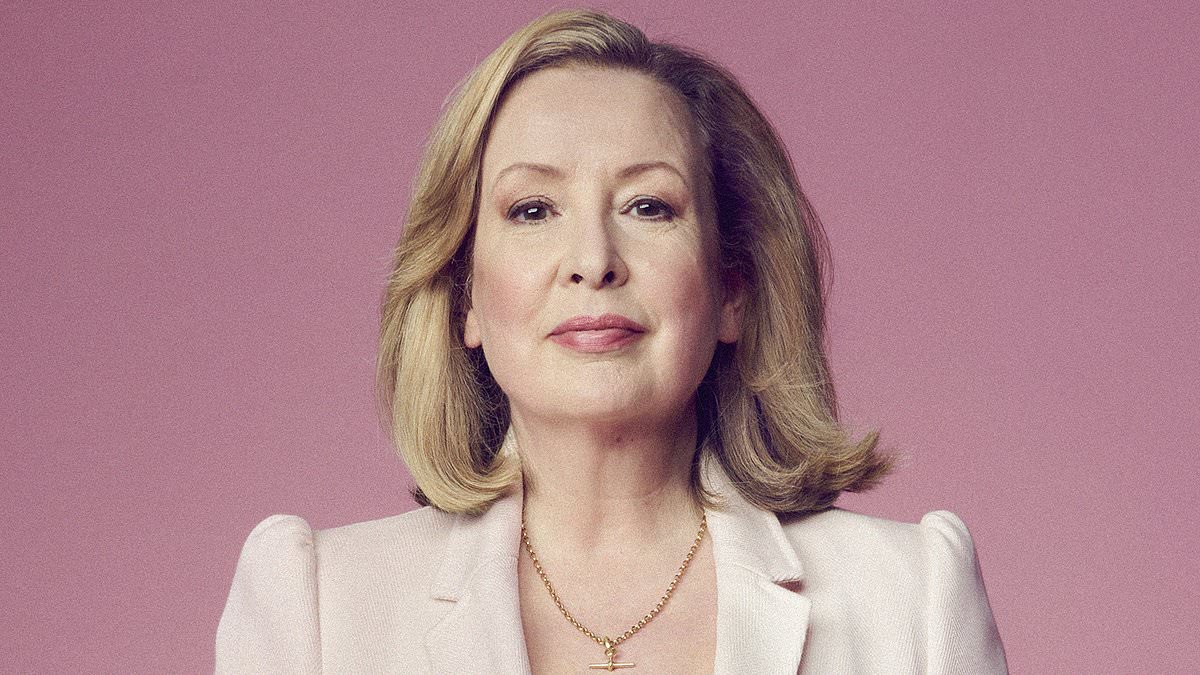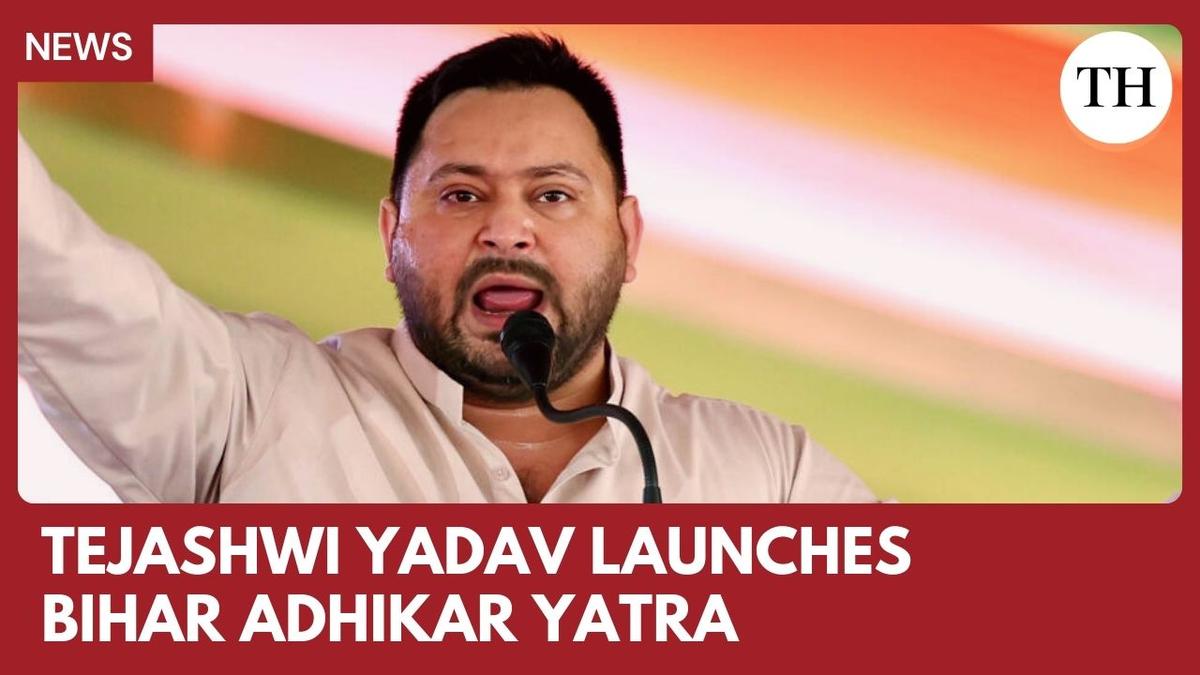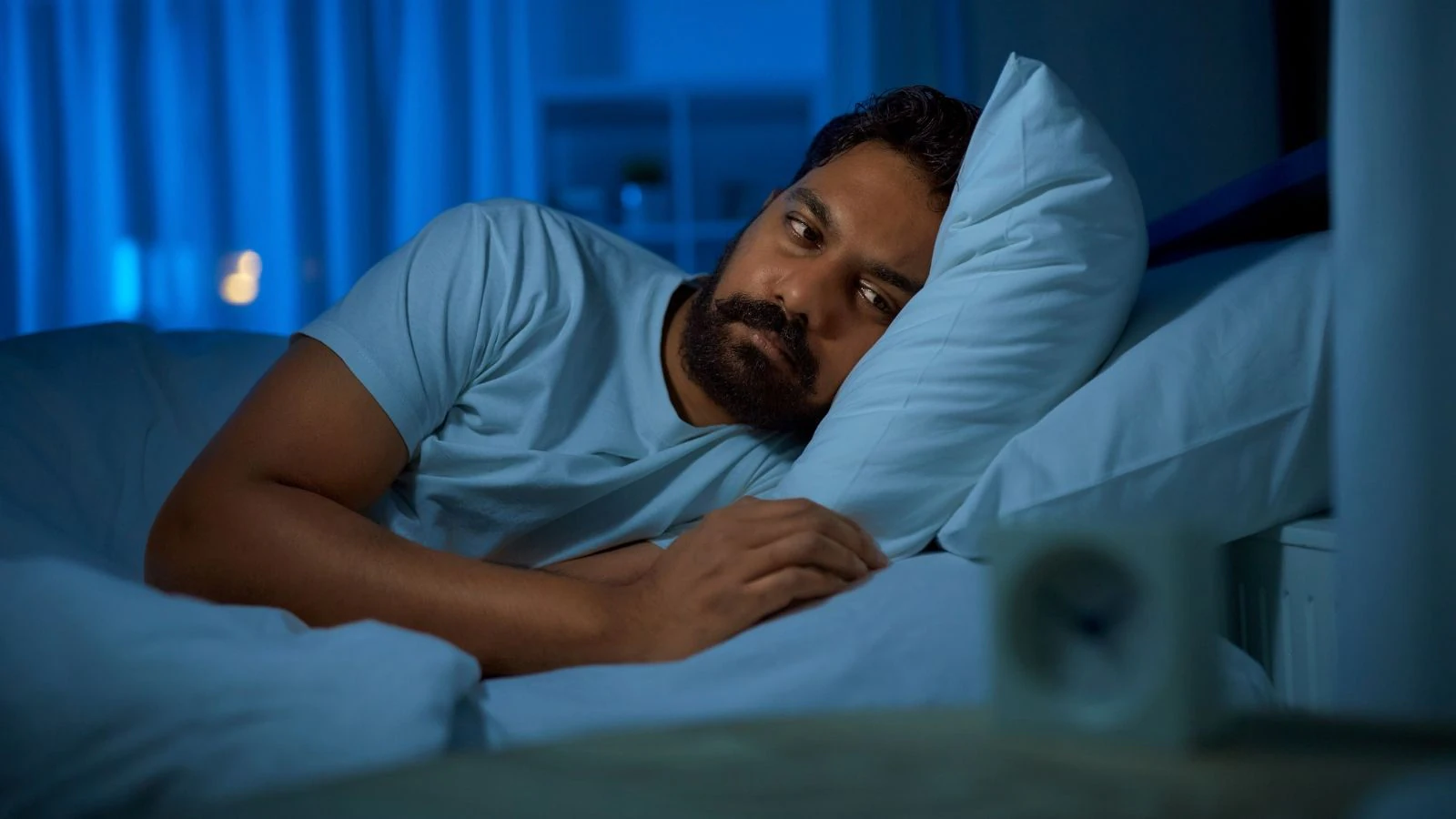I spent years desperate to have a baby and £30,000 on IVF, but here’s the surprising reason I’m so glad to be child-free…and why I pity parents
By Claudia Connell,Editor
Copyright dailymail

Every week I make a point of checking in with my friend Lucy. She has been going through a difficult time over the past couple of years, ever since her son – her only child – cut her out of his life.
Lucy’s crime was to dare to express her concerns about his much older girlfriend, who moved into his flat (bought with a deposit from Lucy) after just three weeks of dating. Accusing her of being unsupportive and negative, her 24-year-old son blocked her phone number, ignores letters and emails and refuses to answer the door when she calls round. I console her by saying it will all blow over one day. In truth, I’m not sure it ever will.
Lucy isn’t the only friend I have going through a nightmare time, thanks to pain and anguish caused by their adult children. For them, it’s absolutely heartbreaking; for me, it’s a timely reminder of how much simpler and more peaceful my world is for not having had kids.
In my 30s and 40s I had convinced myself that a life without children would be unbearably unfulfilled – now I realise that couldn’t be further from the truth.
Being grandchild-less has added an extra layer I never even thought about 20 years ago.
Several of my closest friends have become grannies in the past five years. I am happy for them, but the photographs they send of cuddles with their grandchildren haven’t triggered any pangs of regret.
Some have found themselves expected to care for their grandchildren several days a week, rather than enjoy some well-earned me-time after going part-time in readiness for retirement. My life is very different. With my 60th birthday approaching, I don’t have 30-something children who expect me to be an unpaid nanny to my grandchildren, or 20-somethings who just won’t move out or pay rent, or teenagers who use me as a bank or chauffeur.
Instead, I work full-time, have a lovely Victorian home that I have spent five years refurbishing and am planning an exciting holiday next year. Every time I reach a landmark birthday, I celebrate by going on a big travel adventure.
I marked my 40th with three weeks of island hopping around Greece. My 50th was spent driving across America on a 3,000-mile road trip that took the best part of a month.
Next summer, I will be driving the Wild Atlantic Way in Ireland with a close friend. It might be two weeks, it could be three – we’re not sure yet.
When I plan one of these trips it occurs to me that none of them would be possible if I had become a mother. After all, I have not always been so resolute about not having a family. In fact, I spent six years (from late-30s to mid-40s) consumed by my obsession with having a child.
Looking back, I now view this period as some kind of bizarre, manic episode, fuelled by panic at the shutters coming down on my fertility. Single, but financially solvent, I explored different ways of becoming a parent.
I know several women my age who, in their desperation to have a baby, settled for men they would never have even considered ten years earlier. I was never tempted to take that route and, instead, decided to pursue things alone.
First, I looked into artificial insemination with donor sperm but ruled it out when a fertility nurse told me that at my age (I was 39) I’d be best off going straight to IVF.
With artificial insemination, sperm is placed in the uterus to fertilise an egg naturally within the body, while in IVF eggs are retrieved, fertilised by sperm in a lab, and then the embryos are transferred to the uterus – a more complex and invasive procedure.
Two married women in my circle of friends were undergoing IVF at the time and, to be frank, it had turned these previously sane and lovely women into unhinged fruitcakes. Did I really want to go there?
Instead, I decided I would adopt.
There were so many children in the care system, I felt sure that providing a loving home to one of them was the right route for me. I applied and spent more than a year in the process, eventually getting to the ‘panel’ stage where I was to be given final approval.
The vision I had of rescuing a child and changing both our lives for the better was laughably unrealistic. The entire adoption system was an incompetent joke. There were months of missed appointments, endless lost paperwork and worthy social workers fixated on ‘open’ adoptions whereby the parents who had failed to care for their children in the first place could still be kept in their (and my) life.
When my panel meeting got cancelled three times in a row and yet another social worker was assigned to me (my fifth), I pulled out in sheer frustration.
The IVF I’d been so against a couple of years earlier was starting to look like my only remaining option. I underwent three rounds (all of which failed) funded by remortgaging my flat. At the end of the last cycle, I had no baby to show for it and a £30,000 dent in my finances.
Years of taking fertility drugs to boost and suppress my hormones and auto-immune system left me overweight, depressed, exhausted and crashing into early menopause at 42. I had become one of those unhinged IVF fruitcakes I never wanted to be.
For a brief moment, it looked as though my last cycle, aged 44, had worked. There was a fleeting positive on a pregnancy test that disappeared when I tested again two days later – something that’s known as a ‘chemical pregnancy’, meaning it never fully establishes because the hormones needed to sustain an embryo fail to kick in.
When I saw the positive test, I remember feeling panicked and anxious, rather than elated. When the pregnancy didn’t continue, I felt no sorrow at all. I’ll go so far as to say I was even relieved and vowed to draw a line under the whole thing.
Had IVF worked, though, I would now be mother to a 15 year old and certainly unable to contemplate big, solo holidays, buying myself a shiny new Mini Cooper or heading off for weekends away on a whim.
There have been many times I’ve tried to picture my life with a teenager – but I just can’t. Nothing springs to mind, there’s just a blank space. I can’t picture what the child might look like, what their personality would be and whether we’d be close or whether they would spend all their time hating me and sulking in their bedroom.
My feelings are nothing new. When I was about to turn 50, I wrote for this paper about how I couldn’t imagine having a primary school-aged child and how surprised I was that feelings of regret and unfulfillment didn’t materialise.
Now those sentiments are magnified even more. I’ve asked myself if it’s just self-preservation, if I have to tell myself that my life is better without children, because the alternative would be too bleak to live with?
But, no, I’m convinced this isn’t the case. The fact I have felt this way for a decade and never wavered is proof that my life is infinitely better for not having reproduced.
Consultant psychologist Dr Louise Goddard-Crawley specialises in fertility and women’s health, working with many childless women.
She tells me: ‘In my experience, our feelings about being childless do change over time. In younger adulthood we are often caught in comparison. When friends, siblings or colleagues are having babies the absence in our own lives can feel sharper and painful.
‘Later on, many find their relationship with childlessness evolves. For some the sadness is still there, for others there is a shift. We begin to see that life without children is not lesser, it’s simply a different kind of full life.’
I love my freedom and the house I’d never have been able to afford to own if I had a child in tow. The same can’t be said of the people I met on my IVF and adoption journeys who I have stayed in touch with.
Sarah, like me, tried IVF as a single woman and is now mother to 16-year-old twins. When she started her fertility treatment, she was a successful TV producer. But a combination of a difficult pregnancy, followed by premature twins with health issues, meant she had to give up work. She attempted a return when they were three but, unable to afford childcare, eventually sold up, left London and moved to a remote village in Lincolnshire, where she now works as a part-time carer.
Her children were conceived using donor egg and sperm, meaning she has no biological link to them. It was the same for me on my last IVF cycle. As much as she loves them, she admits it’s strange to raise children that look nothing like her and have none of her creative flair.
While her son accepts he’ll never know his biological parents, the daughter has been greatly troubled by it, turning to alcohol and drugs.
I often wonder how any donor-conceived child of mine would have dealt with me not being able to tell them anything beyond the most basic information about their parents. As my treatment was abroad, there would also have been no chance of tracing their parents when they turned 18.
If the child had behavioural issues, would I have blamed the biological parents I knew so little about?
Meanwhile, I also know someone who, together with her husband, adopted two sisters in the UK. They’re gorgeous little girls but traumatised by their start in life and prone to furious, destructive outbursts. As a result, the whole family is now in therapy and struggling to hold it together.
Another couple’s adoption broke down. The nine-year-old girl they took in was so violent towards their older children that, in the end, they had no choice but to return the little girl to the care system.
You might think that I’m cherry picking the worst case scenarios, but I’m really not. Even among my peers who had their own children there seems to be more conflict than harmony, and several have divorced in the past decade.
For years the children had been the glue that held their fragile marriages together but once they became adults and flew the nest, they found themselves living with a grumpy middle-aged husband they had nothing in common with.
It sounds the most ‘Boomer’ comment ever (strictly speaking I’m not a Boomer, but let’s not split hairs) yet Gen Z seem to have a much more cavalier attitude towards the people who raised them. I’ve got retired friends who seem almost scared to spend the money they worked so hard for, as they know it will upset their children who consider it to be their inheritance, not to be touched.
One was bullied out of buying the convertible car she’d always dreamed of by her daughter, who told her it was ‘selfish’.
Lucy isn’t the only one of my friends to be deeply wounded by the lack of care and respect their adult children have shown them. Another was floored by how little her 20-something children did to help her when she was seriously ill and spending time in and out of hospital.
I was so incensed on her behalf that I toyed with ringing her daughter and saying, ‘For God’s sake, go and visit your poor mother!’ I resisted as I could imagine it backfiring, with my friend siding with her child over me.
I suspect some of the friends who would once ask me, ‘But who’ll look after you in your old age?’ are now wondering that same thing themselves.
I suspect a lot of parents have learned the hard way that children are no guarantee of care and attention in later life.
Looking back, I only wish the panicking baby-hungry old me could have gazed into the future and seen how liberating and fulfilling a life without children could be. With my 60th approaching, I also wish she had put that £30,000 she wasted on fertility treatment into her pension pot.
Throughout my life, I’ve had to constantly justify why I don’t have children, often to complete strangers, but these days being childless is hardly a rarity. Today, 18 per cent of women in the UK reach the end of their childbearing years without having had a child, either through circumstance or choice – and that figure is set to grow, with the ‘childfree’ movement experiencing a boom.
The birth rate in this country is now at a historical low. Half of all women are childless by the age of 30 and one in four of them say they do not intend to have children at all. While I am aware of the problems this poses for society, I also admire them for being so open and unapologetic about their childfree intentions.
The fact they have far more choice than their mothers and grandmothers did is key.
Dr Crawley-Goddard says: ‘The childfree-by-choice movement feels very significant. Younger generations are questioning the assumptions around motherhood, especially in light of economic pressures, climate change and shifting gender roles.
‘Some women are choosing to be childfree as an act of empowerment. Others are ambivalent and some simply do not feel the pull. What connects them is the confidence that a meaningful life does not depend on following a biological script.’
If the past 20 years have taught me anything it’s that, going by the experiences of my friends, a child might not have brought the joys I imagined. Meanwhile, I have been able to treasure the three big Fs in my life: Family, Friendship – and Freedom.
Some names have been changed.



